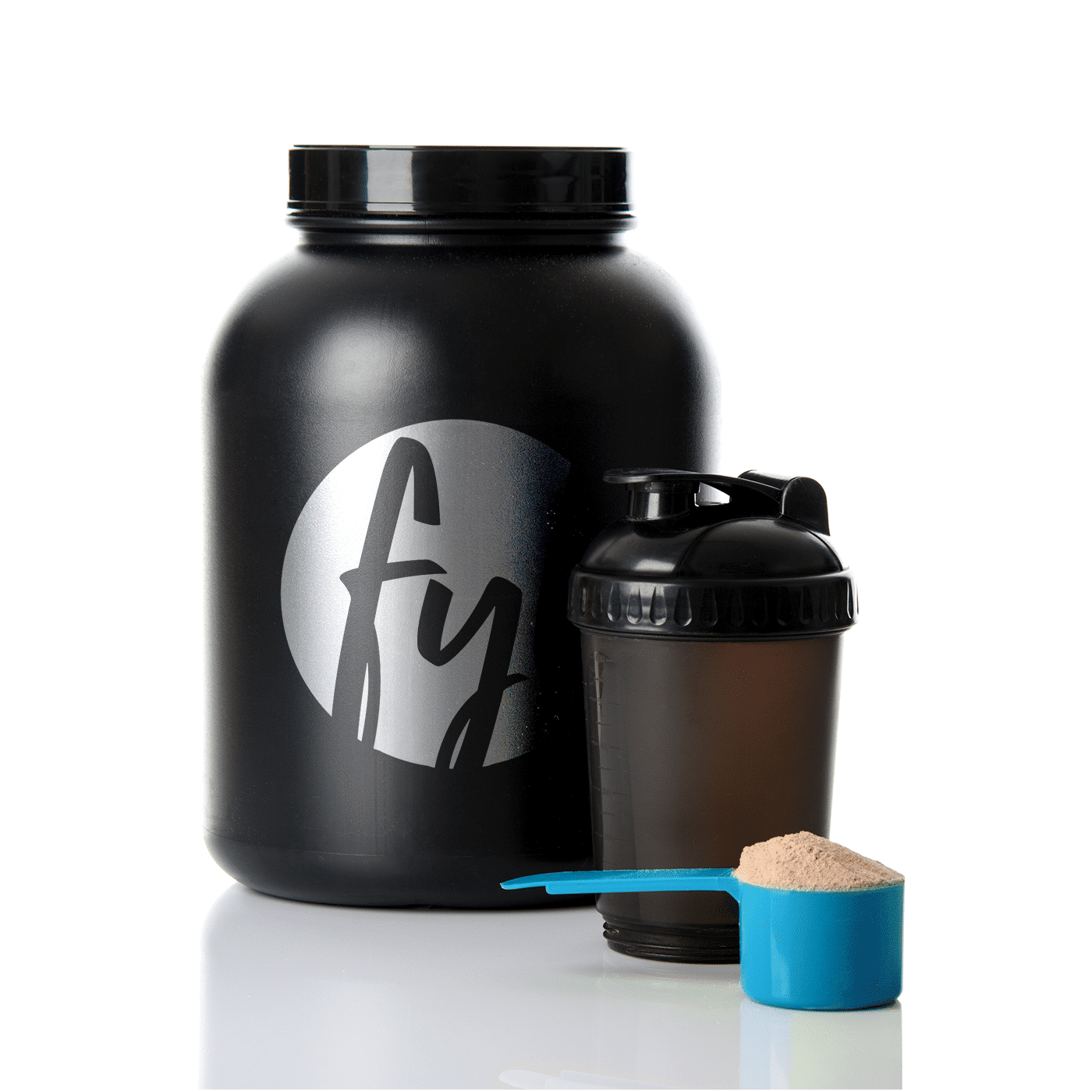Vegan or vegetarian athletes have a lot on their plate when it comes to maintaining an optimal diet for performance and building muscle. Am I getting enough energy and protein? Am I meeting all my nutrient requirements? Do I have any nutritional deficiencies? What is the deal with plant-based protein supplements? Is it worth the added stress of worrying about ‘complete’ and ‘incomplete’ proteins and ‘limiting amino acids’ when it comes to optimising muscle protein synthesis?
If you’re consuming a healthy, balanced and varied diet and meeting your daily protein needs, the short answer… probably not.
Let me explain.
What is a Complete Protein?
A protein source is considered complete when it contains all 9 essential amino acids that our body cannot produce on its own. Amino acids are the building blocks of protein. There are 20 amino acids which bond together to form a ‘complete’ protein. Eleven of these amino acids can be produced by our bodies, the other nine ‘essential amino acids’ we need to get through food. In order to optimise muscle protein synthesis (aka our bodies ability to build or maintain muscle mass), these amino acids all need to be available within the body in similar amounts.
Some examples of complete proteins include:
- Fish
- Poultry
- Beef
- Eggs
- Pork
- Dairy
- Soy (tofu, tempeh, edamame)
However, many foods contain some, but not all of the essential amino acids in various and potentially limiting amounts. These include:
- Nuts
- Seeds
- Legumes (e.g. lentils, chickpeas etc)
- Vegetables
- Whole-grains
Limiting Amino Acids
A limiting amino acid is an essential amino acid that is present in a certain food in the lowest amount, which prevents protein synthesis in the body beyond the rate at which that amino acid is available. The diagram below (figure 1.0) illustrates this model. The barrel represents a complete protein and the staves represent individual amino acids. On the left, lysine (Lys) is the limiting amino acid that limits protein synthesis, represented by the water level. On the right, when more lysine (Lys) is added to the meal, protein synthesis can increase to the rate of the next limiting amino acid, in the case methionine (Met).
Figure 1.0: Limiting amino acids

Plant-Based Protein
You most likely noticed, that most of the complete proteins are animal products. But no need to stress! Previous thinking on the topic suggested vegan and vegetarian athletes would need to combine sources of incomplete proteins, e.g. combing legumes with whole grains, in order to create a complete protein to maximise muscle protein synthesis.
However new research suggests that you don’t need to mix and match incomplete protein sources at each meal to create a complete protein, as long as you’re meeting your recommended protein requirements each day. ‘Including a wide variety of plant foods such as legumes, lentils, nuts, seeds and whole-grains into your diet each day, will allow you to get all the complete protein you need’, without having to worry about limiting amino acids that will impair your bodies ability to repair and build muscle.
So, How Much Protein Do I Actually Need?
The general population generally requires around 1.0g/kg/day of protein. However, if you’re an athlete you may require more, depending on the type of training you do. Refer to table 1.0 to determine how much protein you need per day e.g. a 100kg male football player would require between 140-170g of protein per day. This protein should ideally be spaced throughout the day for optimal muscle protein synthesis.
Table 1.0: Daily protein requirements for athletes
| Male | Female | |
| protein intake (g/kg body weight/day) | ||
| Sedentary | 0.8-1.0 | 0.8-1.0 |
| Recreational endurance athlete | 0.8-1.0 | 0.8-1.0 |
| Moderate intensity endurance athlete | 1.2 | 1.0 |
| Elite endurance athlete | 1.6 | 1.4 |
| Resistance athlete (early training) | 1.5-1.7 | 1.3-1.5 |
| Resistance athlete (steady-state) | 1.0-1.2 | 1.0 |
| Football/power sports | 1.4-1.7 | 1.2-1.5 |
Conclusion
So, if you’re a vegan or vegetarian athlete who is looking to optimise their muscle protein synthesis for peak performance and recovery, focus on eating a healthful, varied diet. You should include a variety of vegetables, legumes, nuts/seeds and whole grains and also ensure you’re meeting your daily protein requirements. Chances are focusing on ‘complete proteins’ and ‘limiting amino acids’ is the least of your worries.
If you’re still concerned you’re not getting enough quality protein, there are many plant-based protein supplements (rice, pea, hemp, soy) that you can utilise to ensure you’re getting all the essential amino acids you need. Get in touch with your local accredited sports dietitian to ensure your protein needs are complete to compete!








Thank you very much for sharing this information about complete proteins and different types of amino acids.
No worries, Kashish! Glad you enjoyed this blog.
Thanks for the updating idea of amino acid profiles of plant base proteins!! Very useful. So plant-based diet is adequate to meet protein requirements, even for athletes!
Thanks Lee! Yes of course, with the help of an Accredited Practising Dietitian, reaching your protein needs on a plant-based diet has never been easier. Let us know if there is anything we can do to help you specifically!
Wonderful information, thanks a lot for sharing kind of content with us. Your blog gives the best and the most interesting information. I wonder if we can gather such practical information about is your protein complete to plant based protein limited amino acids. Great one!!
Thanks!